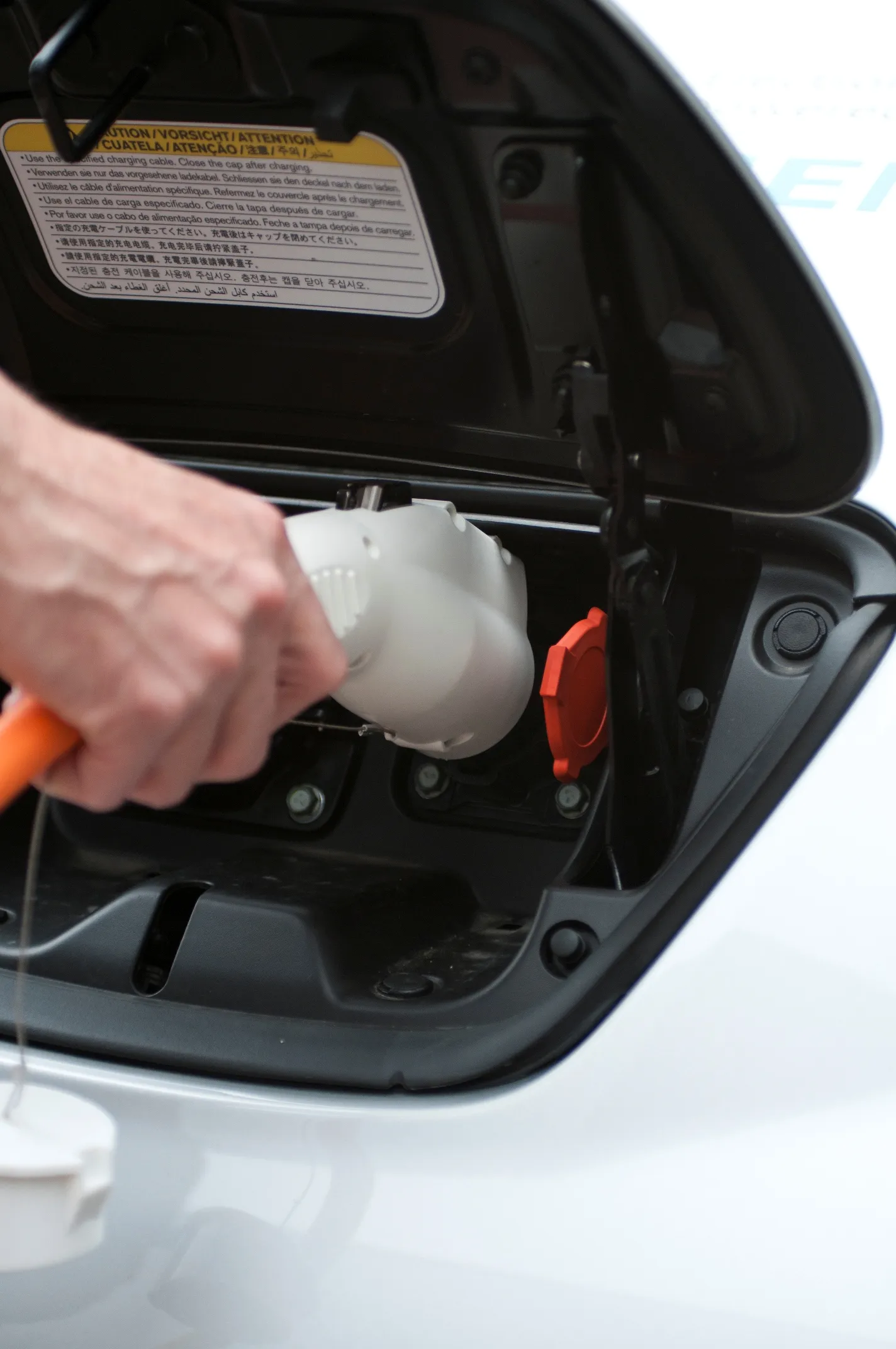
The EU will support the development of routes designed to carry electric vehicles in northern Europe. This investment will be supported by the EU's TEN-T Programme. In excess of €4 million will be spent on building an open access fast charging station network in the Netherlands, Denmark, Sweden and Germany. In total 155 chargers for electric vehicles are to be installed along the main highways connecting these countries.
A poor network of service stations for electric vehicles and varying standards are some of the major barriers to a fast uptake of electric vehicle transport in Europe. This project aims to create an open access fast charging corridor along major highways connecting Sweden, Denmark, Germany and The Netherlands, to allow 'green' travel between these countries. Part of the project will be dedicated to a study on interoperability, the framework for a sustainable infrastructure setup and network planning. The pilot project will install a total of 155 chargers along the main motorways: 30 in the Netherlands, 23 in Denmark, 35 in Sweden and 67 in Germany. The new electric vehicle transport road will help accelerate electric vehicle uptake in northern Europe and will serve as best practice to other European countries. The project was selected for EU funding with the assistance of external experts under the TEN-T Annual Call 2013, priority 'Decarbonisation (Oil substitution or environmental cost reduction)'. Its implementation will be monitored by INEA, the









